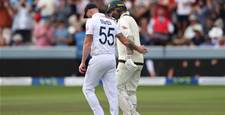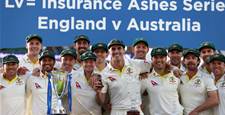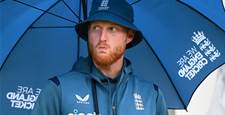Ahead of a crucial Test in Hobart for the Australians, we chat with the team’s psychologist.
You get the impression that Michael Lloyd (chatting above with Brad Haddin during the 2015 Ashes) is earning his keep these days. As Cricket Australia’s chief shrink, he’s on the frontline with a side under pressure as it feels the weight of losses piling up.
But Dr Lloyd takes a broader view than any one match, or series. That comes with the responsibility of caring for the mental state of Australia’s cricketers, even as the nation seems hell-bent on the notion that they can stress a cricketer into playing better. Against a backdrop for wholesale changes in the XI after the loss in Perth, Dr Lloyd counsels calm.
“Whether that scrutiny be around selection – you’ll often hear that line that ‘Australia has 24 million amateur selectors’ – let’s face it, the selection job is difficult,” he says. “But what people don’t understand about the scrutiny of elite sport is, we all have good and bad days. The challenge for elite athletes is their bad days get plastered over the back page of the paper or the evening news. And now social media, it’s unrelenting almost.”
Keeping a spot in the Test side is meant to be tough. It’s one of Australian cricket’s most time-honoured precepts, although it does run counter to a lot of contemporary thinking about people feeling happy and secure in their jobs. “It’s one of those double-edged swords,” Dr Lloyd says.
“We try to create an open and honest environment so people have the support they need, which allows them then to step into that really competitive space and get the best out of themselves. Because we can’t shy away from that, can we? The health of a good sporting system is its depth and competition. So hopefully what we can find is the ability of people to be challenged, but to feel supported through that.”
Much of his focus is devoted to helping players away from the ground – happy life, better cricket, as it were. The landscape of the modern game, with its constant travel, switching between formats and teams and the always-on attention of the public, isn’t terribly conducive. But maybe there is truth to those ads in which Dave Warner enjoys going home and sitting in front of his TV with his kids.
“What you’re looking for is people to have some good balance in their life,” Dr Lloyd says. “So one of those concepts is, when they’re away from the game, we’d like to think they can have decent downtime. And that downtime isn’t about doing nothing – it’s about engaging in something else.”
Australian cricket has been trying to get this message across as part of its partnership with Movember, focusing on the cause of men’s health. The sport has been a leader in particular about mental health issues, with the likes of former England player Graeme Fowler talking openly about depression. Dr Lloyd says cricket, widely seen as a place of the mentally tough, had a role to play.
“If you’ve got people in general having an awareness that, it’s not just me – mental health doesn’t discriminate, really. We’re in elite sport, so how can elite sport do our bit? Hopefully that flows through and helps all other aspects of society.”
Related Articles
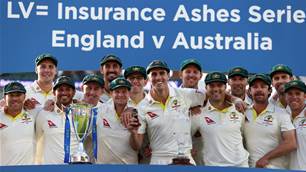
Luck of the Draw
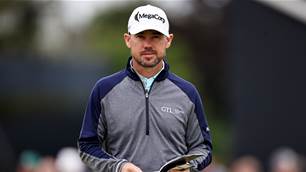
Harman hails lookalike Ponting as 'handsome fella'





